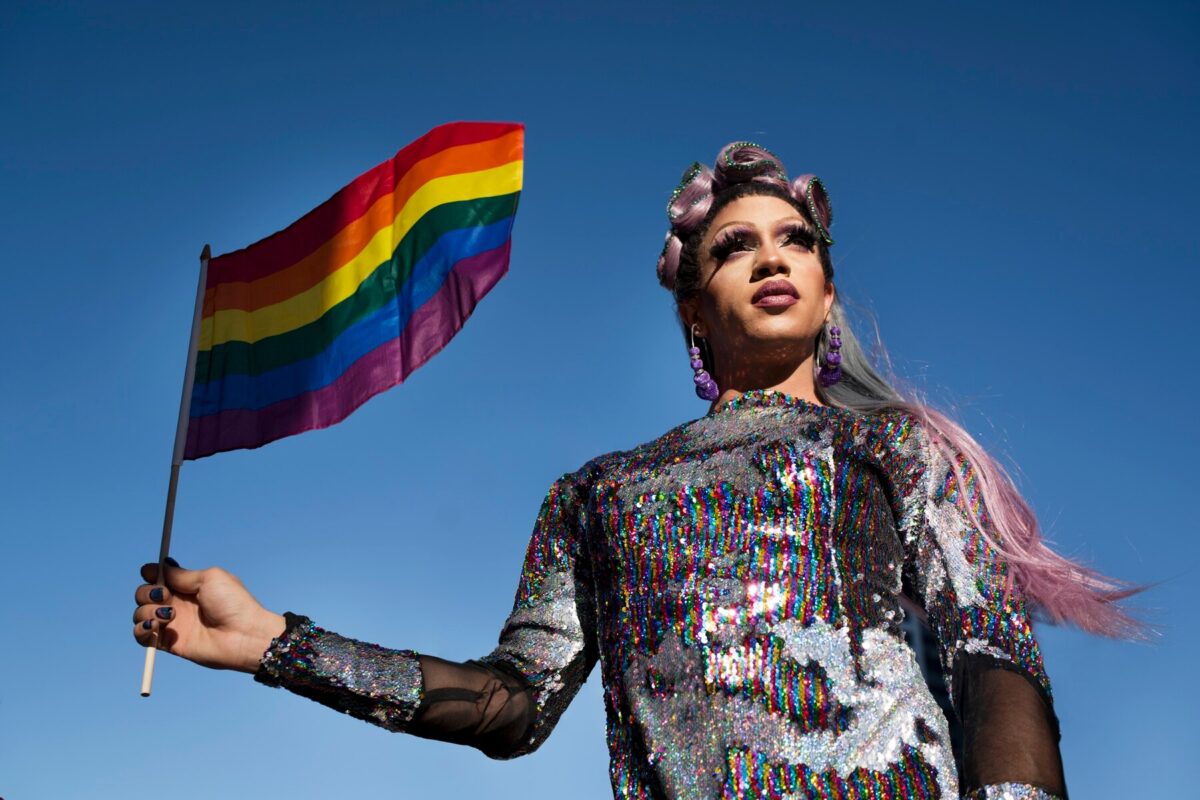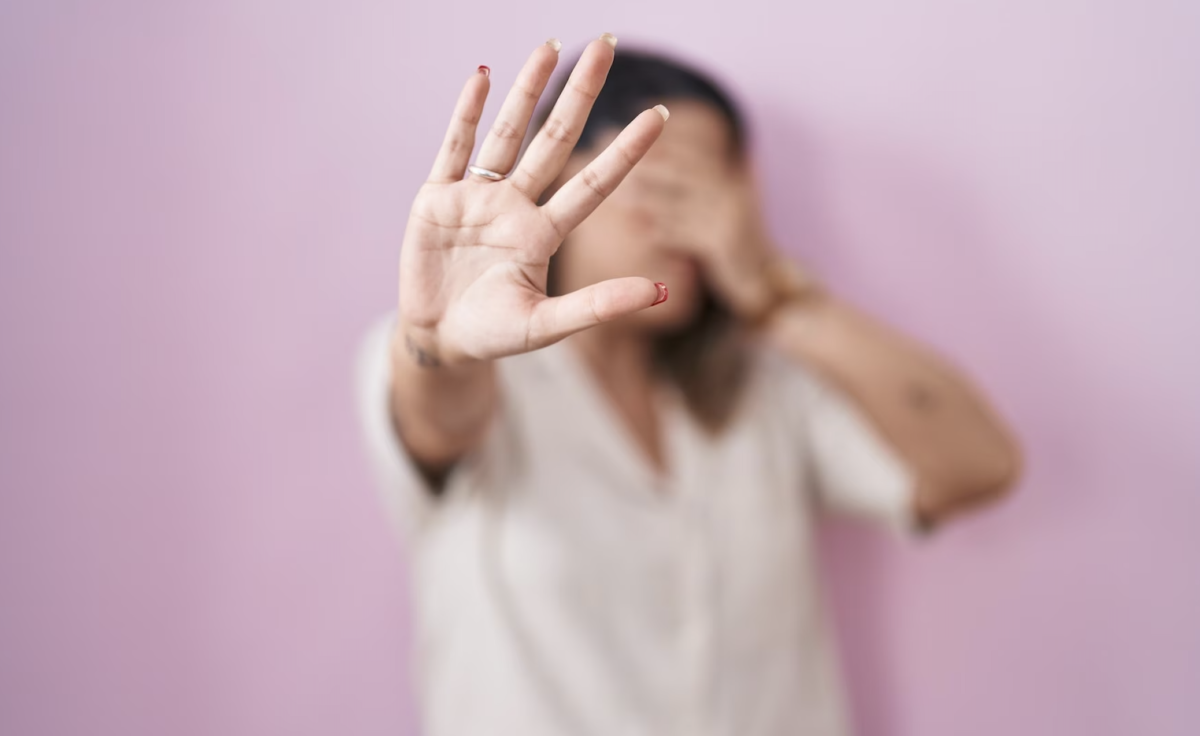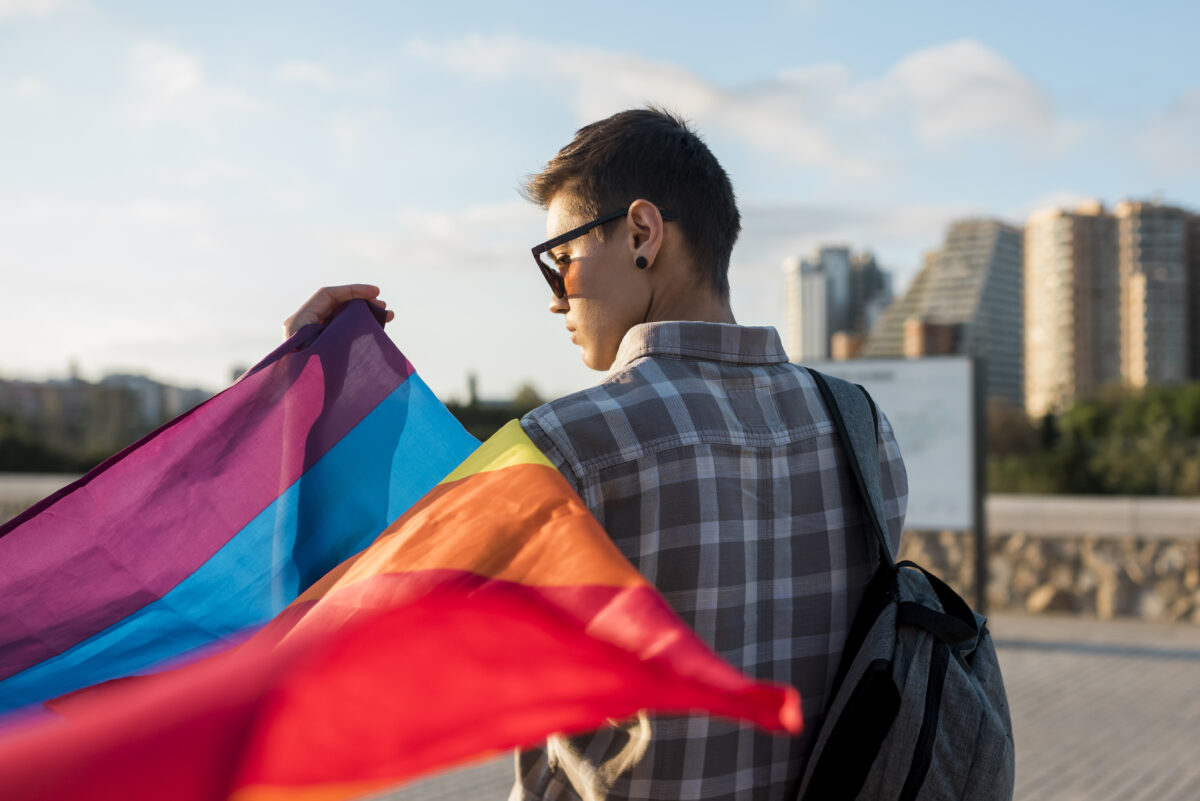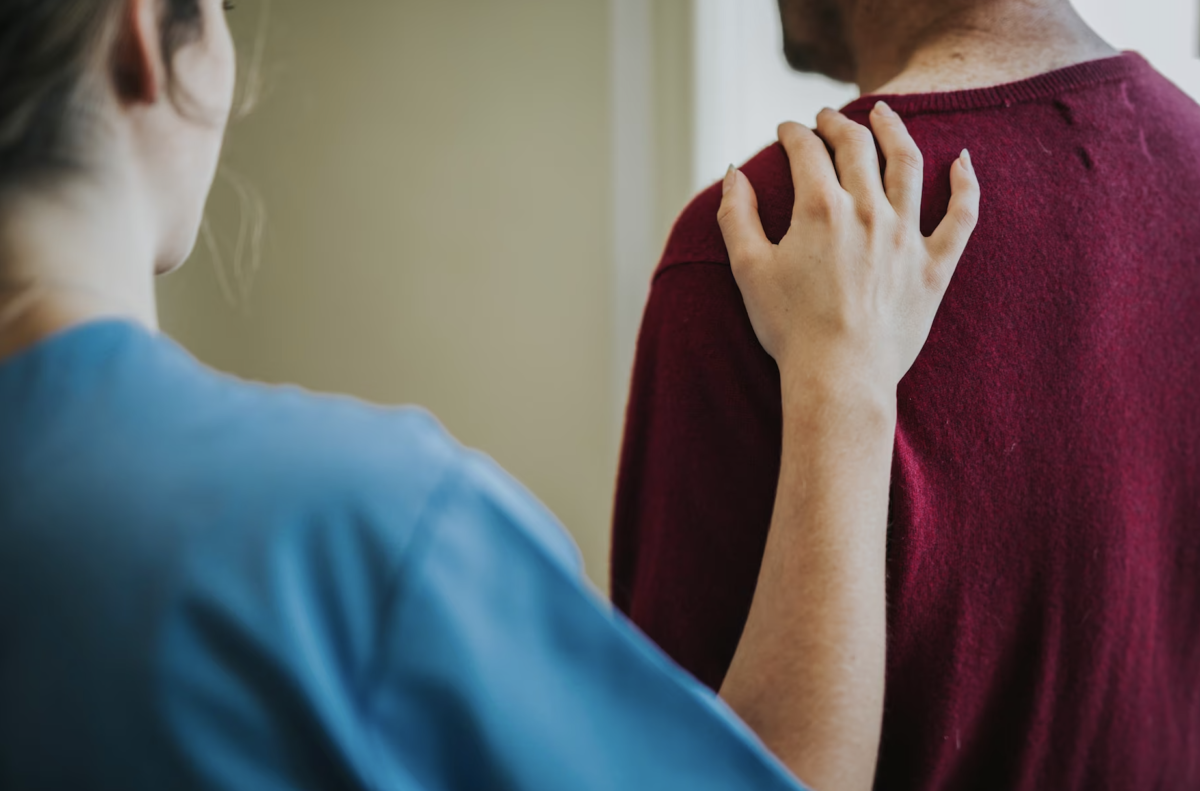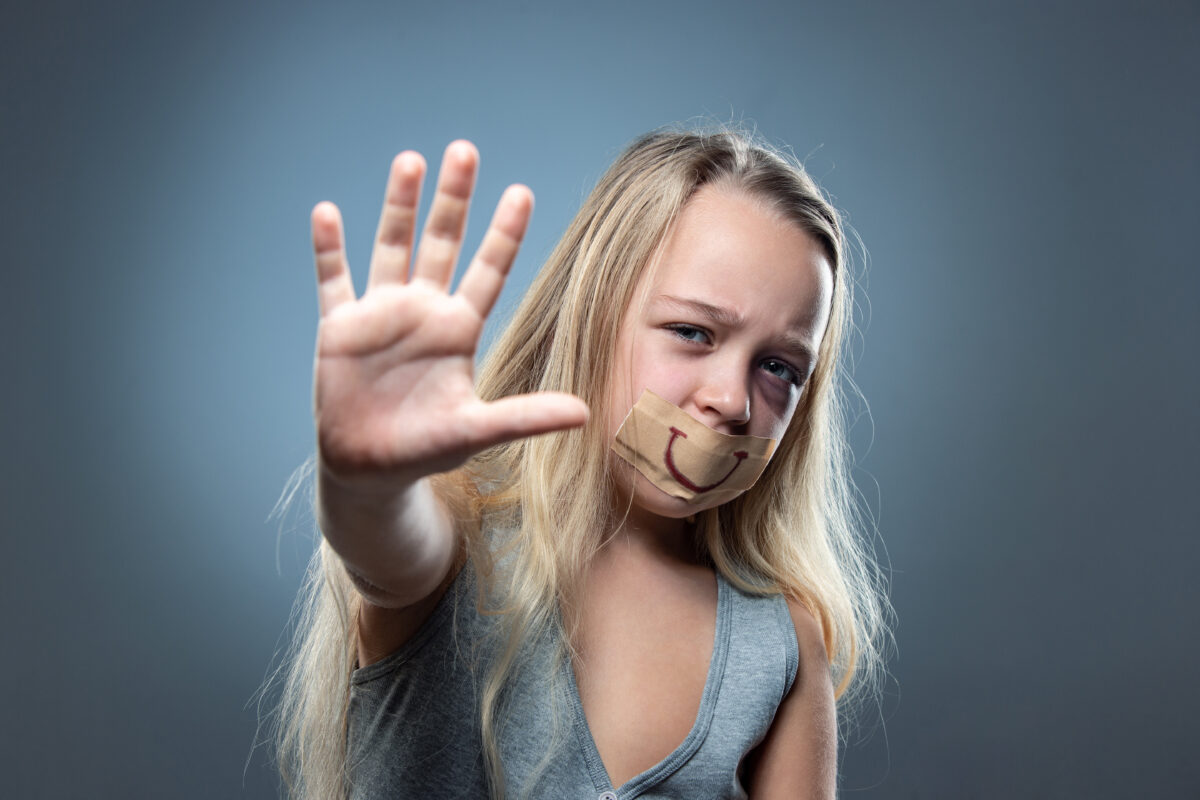In 2020, the Republic of Armenia citizen A.A. (name was changed) applied to New Generation Humanitarian NGO. The latter reported that he and his friends were in their country house. A group of people attacked the house and them, demanding to leave in connection with the alleged sexual orientation and gender identity of A.A and his friends. An argument started, after which those people hit different parts of A.A.’s body with their hands, feet and stones, causing bodily injuries around the head. On the same day, A.A. submitted a report on the incident to the RA Police. A forensic medical examination has been appointed. The attorney of New Generation Humanitarian NGO, Ara Gharagyozyan, was involved in the case.
According to the prepared materials based on the report, a criminal case was initiated under Article 117 of the Republic of Armenia a Criminal Code; it was sent to the Investigation Division of the Investigation Committee for preliminary investigation.
In 2020, the Investigation Division made a decision to accept the criminal case. A.A. was recognized as a victim. The case is under investigation.
Sergey Gabrielyan, the President of New Generation Humanitarian NGO, says that despite the revolution in Armenia, discrimination is still perpetrated due to the real or presumed sexual orientation of individuals and gender identity, which is not properly qualified by law enforcement agencies, but is qualified with articles of lenient punishment. New Generation Humanitarian NGO will be consistent in ensuring a fair trial and non-discrimination.
Clarification
Infliction of a willful bodily injury or other damage to health which caused short-term health disorder or insignificant loss of the capacity to work is punished with a fine in the amount of 50 to 100 minimal salaries, or with arrest for up to 2 months.
Case development
In 2021 the preliminary investigation of the case ended and the case was sent to court.
The judge of the Court of General Jurisdiction made a decision about setting the case for hearing.
A forensic psychological examination was assigned to one of the accused – G.S. According to the forensic medical report the accused is considered partially sane and is subject to criminal liability.
The court hearings were scheduled mainly with 3-month breaks, about which the Organization’s attorney Ara Gharagyozyan filed a complaint to the RA Ministry of Justice.
In 2022, the first court hearing on the case of A.A. who had been beaten by G.M. and S.H.
During the hearing, the defense filed a motion to terminate the criminal prosecution on the grounds that the statute of limitations had expired.
The accusing prosecutor did not object to the motion.
The attorney of New Generation Humanitarian NGO Ara Gharagyozyan presented a corresponding objection in the case.
The verdict was announced by the court on the same day.
According to the court decision, the case was terminated and the criminal prosecution was stopped on the grounds of expiration of the statute of limitations.
New Generation Humanitarian NGO considers that:
• Deliberate inaction was shown by the judge, allowing guilty persons to avoid criminal liability. As a result of all this, a number of rights of the victim defined by the ECHR were violated, such as a fair trial, respect for personal and family life, etc.
• Hate crime has not been investigated by the state, which has led to a violation of the victim’s right to abstain from cruel-treatment.
The organization decided to pursue the restoration of the rights of the victim. Ara Gharagyozyan, attorney of New Generation submitted a petition of appeal to the Court of Appeal of the Republic of Armenia.
After exhausting all domestic court instances of the case, according to the initially planned strategy, the attorney of the case lodged the relevant application with the ECHR on June 9, 2023.
The application included complaints on the violations of Article 6.3, Part 1, Article 8.1, and Article 14.1 of the ECHR.
Also read:
Progress in Addressing Discrimination and Promoting HIV Awareness in North Macedonia
Criminal proceedings of the case on trans* person’s beating continue in Armenia



